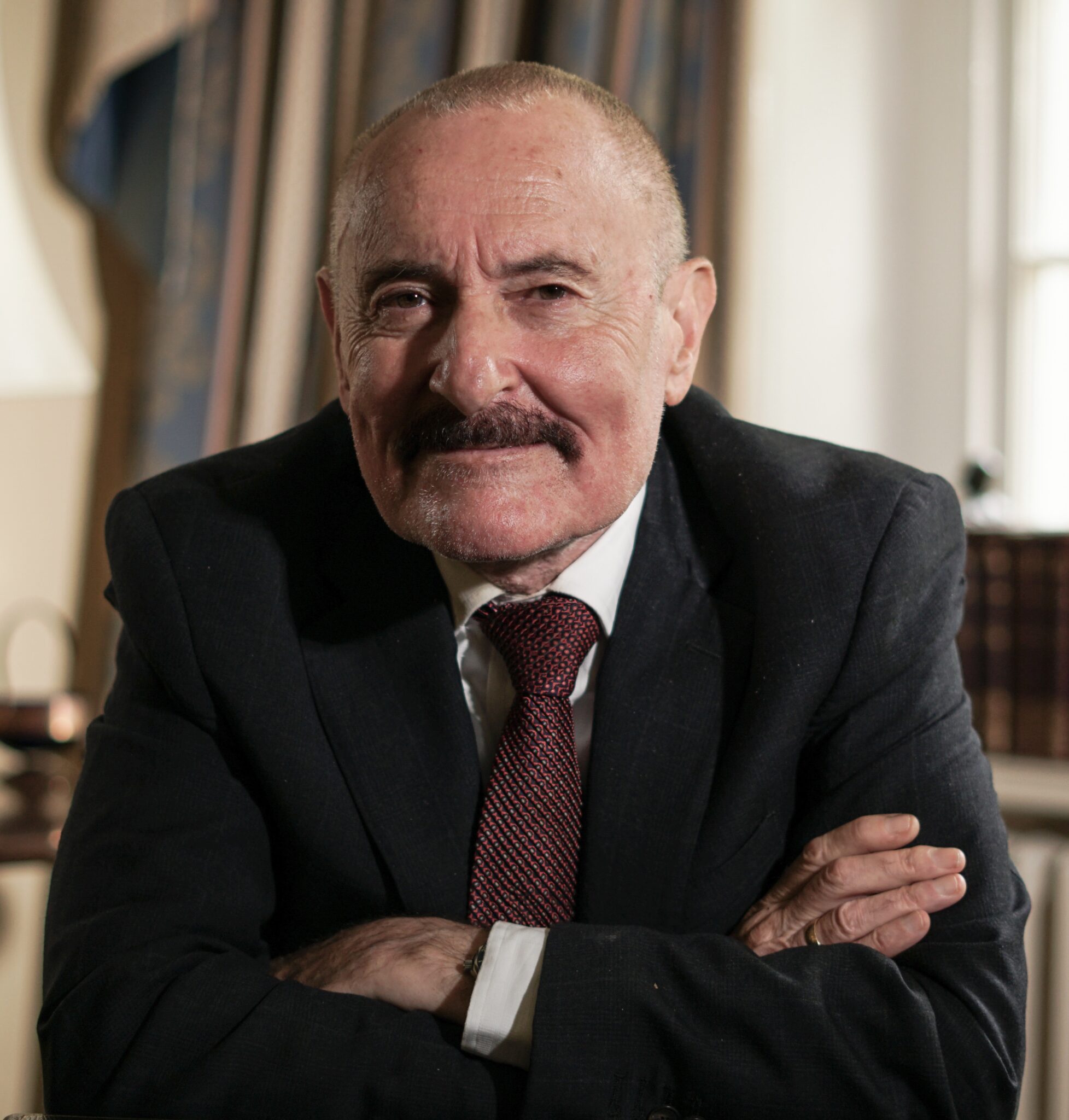The senior cancer specialist who treated former Labour Cabinet Minister Mo Mowlam has said legal assisted suicide will lead to the premature deaths of patients who might survive for years.
Professor Mark Glaser, a consultant oncologist, said that if Kim Leadbeater’s Terminally Ill Adults (End of Life) Bill became law it would be a "disaster" for patients like Dr Mowlam who confounded expectations of imminent death and went on to live for years.
The Private Member's Bill aims to permit assisted suicide for terminally ill patients who doctors say have less than 12 months to live.
Prof Glaser, the former head of cancer services for Imperial College Healthcare NHS Trust, said however that the draft legislation was not evidence based.
He said no doctor "however good or famous" could always predict with a meaningful degree of accuracy when a patient will die – and suggested that many prognoses of death are spectacularly wrong.
He said Dr Mowlam, the Northern Ireland Secretary in Tony Blair’s government, was given "months" to live when diagnosed with an aggressive brain tumour in 1996 but who survived until 2005.
Under his care, Dr Mowlam brokered the Good Friday Agreement of 1998 that brought an end to the Troubles in Northern Ireland after 30 years of terrorist and paramilitary violence.
Dr Mowlam’s extraordinary battle against cancer was later told in <em>Mo</em>, the acclaimed 2010 film starring Julie Walters, in which Prof Glaser was played by actor Toby Jones.
Dr Glaser said: "I can recall several patients who came to me – some as first opinions or second opinions – with reports that indicated a prognosis of months and they are still being cared for by myself 10 years, 12 years, 15 years or 20 years later.
"To indicate that there is a given cut-off for a given disease is completely and utterly wrong," he said.
"Mo Mowlam didn’t live the six months, the 12 months, or the 15 months which her prognosis and the scientific literature would have said about her case.
"She lived for eight years and following her exit from politics she had a very productive and useful life."
Prof Glaser said: "Most of my colleagues and in effect myself thought that she had months to live.
"That’s what the literature taught me, that’s what science had taught me, this is what my teaching in radiation therapy and a drug that I was working on had taught me but I realised she was optimistic and she wanted to go on.
"She said to me, 'Mark, will I suffer by the treatment? Will I suffer by the radiotherapy? Will I suffer by the chemotherapy? Will I be agitated, will I be nauseated, will I be in pain?'
"She asked me all these questions, but there I was able to be more confident in the fact that all these symptoms could be managed.
"I answered in a very quick way, without even thinking: 'I will control the nausea, I will control the pain, I will control the side effects apart from loss of hair. You will feel well in your job'.
"Everything that Dr Mowlam at the time exhibited we were able to get over to such an extent that she was able to play such an immense role leading up to the Good Friday Agreement.
"This says so much that the symptoms of a disease can be managed – pain, agitation, depression, not being mobile – everything can be alleviated."
He said claims by euthanasia activists that a third of patients die in pain were false, adding: "This to me sends shudders through my whole being because we have so many agents to relieve pain."
The Bill was introduced last week into the House of Commons by Ms Leadbeater, the Labour MP for Spen Valley, and will receive its Second Reading in the House of Commons on November 29.
It will give MPs the first opportunity to vote on assisted suicide since 2015, when they last attempt to change the law was defeated by 330 votes to 118.
If passed, the Bill would create a culture of hopelessness within the health service, to poorer treatment and fewer resources, and would stymie research into new therapies, said Prof Glaser.
"It will be a disaster for patients in the NHS," he said, "but it might be good for the NHS budget … it may save the NHS billions and billions of pounds."
End of life care will be worse, he predicted, as assisted suicide became a financially attractive option to shorten the care of patients believed to be dying.
He said: "Should the sick have these resources? Should only young and well people have these resources?
"As an oncologist, as a doctor of such long-standing, (I say) it is not for us as a society to decide who gets the resources of life and death, dying and living."
He said: "There are hundreds of thousands of patients who are written off and they live infinitely longer than their prognosis.
"In my own practice I have patients with actuarial survival of about a year and they are alive 10 years later.
"I feel grateful that I didn’t advise them for assisted suicide, that I didn’t advise them for end-of-life care until end-of-life care was needed and then my team and my colleagues gave superb pain control and other control of symptoms."
He said: "If a patient requests assisted suicide there will be a pervading mood in the care of that patient. The doctors, nurses, physiotherapists, paramedics – whoever will be involved – will be of a different frame of mind – not universally – but it will affect them … there will be a mood that will be negative.
"If the patient wishes to live, newer forms of treatment will be discussed. Patients with strokes will have emergency treatment more urgently. Cancer patients will have more modern therapies, furthering progress in life expectancy."
Prof Glaser has also previously headed radiotherapy at Charing Cross Hospital, London, and has held senior positions at Harvard and Yale universities in the United States.
<em>(Photo courtesy of Prof Glaser)</em>


